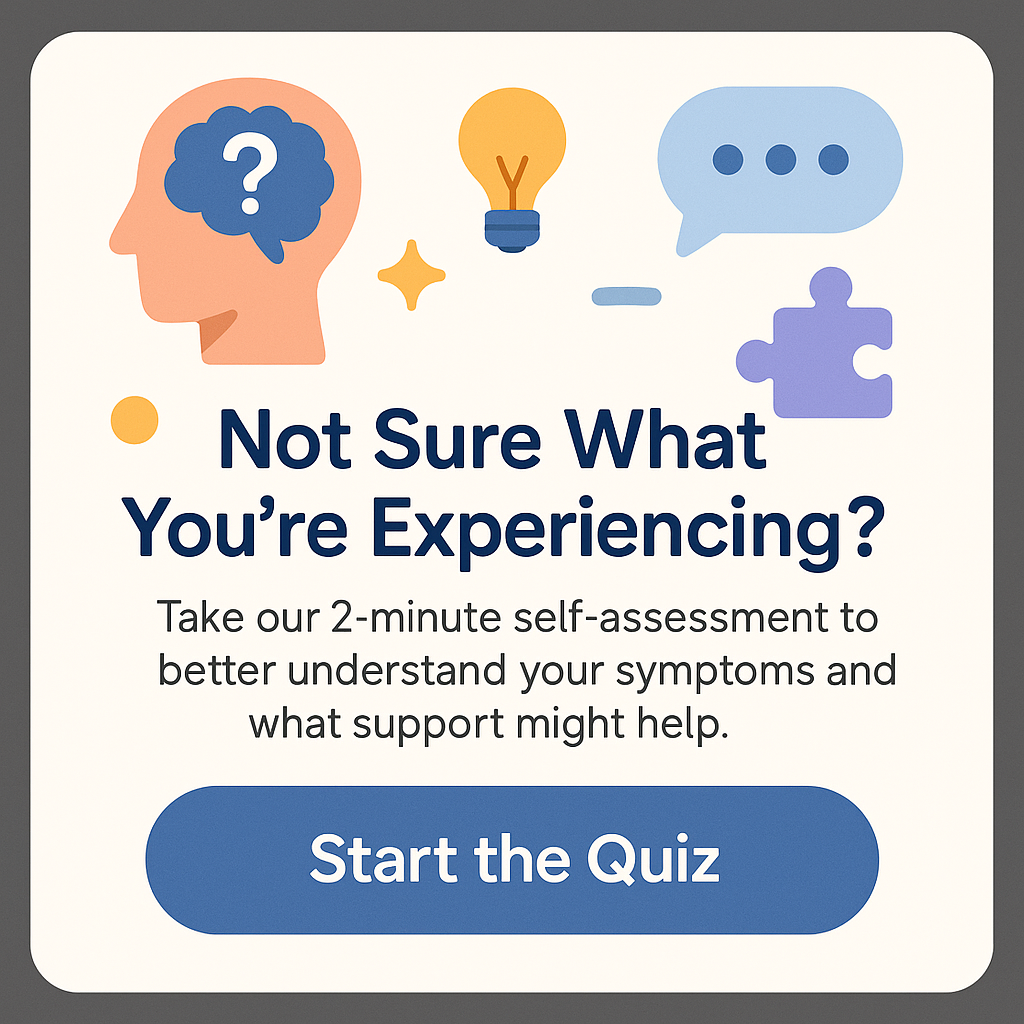Can you get money if you’re autistic?
Are you or someone you know on the autism spectrum and wondering about financial support? The question, Can you get money if you’re autistic?, resonates with many. Autism can present unique challenges that sometimes require additional financial assistance. Fortunately, there are various avenues to explore when it comes to receiving funds. From government benefits to grants and scholarships, understanding your eligibility can open doors to helpful resources. In this article, we’ll dive deep into financial aid options and answer some common questions surrounding autism and financial support.
Understanding Financial Support for Autism
When asking, Can you get money if you’re autistic?, it’s important to look at the various forms of financial support available. Those on the autism spectrum may qualify for numerous programs, aimed at aiding with everything from medical expenses to daily living costs. Below, we’ll examine different types of financial support that individuals with autism can access.
1. Government Assistance Programs
One of the primary avenues to explore is government assistance programs. These programs vary by country and region but primarily include:
- Social Security Disability Insurance (SSDI): In the United States, individuals with autism may qualify for SSDI if they meet specific criteria and have a work history.
- Supplemental Security Income (SSI): This is available for individuals with limited income and resources. Whether you’ve worked before or not, SSI could provide monthly financial benefits.
- Medicaid: Medicaid can cover medical bills and health-related expenses for individuals on the autism spectrum, depending on the state’s requirements.
To apply for these benefits, you’ll typically need to show medical documentation proving the diagnosis of autism and how it affects daily functioning. This paperwork is crucial when claiming financial support, as government programs require robust evidence.
Additionally, remember that these application processes can be complicated and time-consuming. Seeking help from non-profit organizations that specialize in autism can be very beneficial. They can guide you through the process and even assist with the paperwork.
2. Grants and Scholarships
Another significant query related to Can you get money if you’re autistic? pertains to grants and scholarships. There are various foundations and organizations that provide financial aid specifically for autistic individuals. Below are some options:
- The Autism Society: This organization offers scholarships for individuals diagnosed with autism who are looking to further their education.
- Research Grants: These can assist with funding for individuals pursuing research related to autism or attending educational programs that focus on autism awareness.
- Local Fundraising: Many communities have local chapters of autism organizations that hold fundraising events to support individuals and families affected by autism.
Applying for these grants and scholarships may require you to write essays, provide references, or demonstrate an impact your education and experiences have had on your journey with autism. Make sure to articulate your story genuinely, as personal experiences can play a pivotal role in the selection process.
Types of Financial Aid Available
So, beyond government programs and scholarships, what are other ways you might find assistance when considering Can you get money if you’re autistic?? Here we explore more types of financial options available:
1. Employment Support and Job Training
Employment can be a challenging aspect for many individuals with autism, but there are several programs designed to aid in job training and employment support that could also provide financial assistance. These resources recognize the unique talents and skills that autistic individuals possess.
- Vocational Rehabilitation Services: Many states provide vocational training programs tailored for individuals with disabilities, including autism. These programs often include job placement assistance, skill development, and work experience opportunities.
- Tax Benefits: Employers who hire individuals with disabilities may be eligible for certain tax credits, which can indirectly support employees by encouraging more job opportunities.
By participating in job training programs, not only might you gain skills that enhance employability, but you may also qualify for stipends or on-the-job training assistance, which can alleviate financial burdens.
2. Community Resources and Nonprofits
Numerous local and national non-profit organizations are committed to providing financial assistance and resources to individuals with autism and their families. Here are several critical areas where support might be found:
- Local Autism Centers: Many cities have dedicated centers that provide resources, referrals, and support groups for individuals with autism and their families.
- Family Support Services: Programs that cater to families with autistic children often offer financial aid, support groups, and educational resources, which can significantly relieve some monetary stress.
- Online Resources: Websites like Autism Speaks and the National Autism Society provide information on available financial aid resources, grants, scholarships, and other financial help related to autism.
Utilizing these community resources can provide not just financial aid, but also invaluable connections to others who understand your journey. Networking within these communities can open up new opportunities for both financial assistance and emotional support.
Conclusion
Can you get money if you’re autistic? is a question that leads to a wealth of resources and options available to individuals on the spectrum. Understanding the variety of financial assistance programs, from government benefits to community resources like grants and scholarships, is crucial. The journey to securing financial support may seem daunting, but with the right knowledge and guidance, it’s certainly achievable. Don’t hesitate to seek assistance from organizations specializing in autism; they can be invaluable allies in navigating the complexities of financial aid.
Remember, it’s important to remain informed and proactive. By exploring all available avenues and support options, you can find the financial assistance you may need to lead a fulfilling and stable life. Connecting with peers, families, and professionals who share similar experiences can significantly improve your chances of finding the right support.
FAQs
1. What federal programs offer financial assistance for those with autism?
Federal programs like SSDI and SSI provide financial assistance for individuals with autism. Eligibility is determined by medical documentation and income level.
2. How can I apply for scholarships for autistic individuals?
To apply for scholarships, research organizations that offer them and follow their application guidelines, often involving essays and references.
3. Are there funds available to help with job training for individuals with autism?
Yes, vocational rehabilitation services often provide job training assistance and support for individuals with autism seeking employment.
4. Can community support resources help me financially?
Absolutely! Local autism centers and non-profits often offer financial aid, resources, and emotional support for individuals with autism and their families.
5. What is the importance of having medical documentation for financial support?
Medical documentation is crucial as it demonstrates the diagnosis of autism and its impact on daily living and functioning, which is often necessary for support eligibility.







